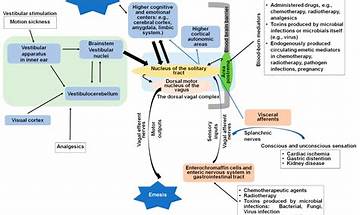What is the brain thinking when people are dying? Scientists reveal part of the truth through brain waves.

Everyone will face death in his life, so what is the brain thinking when he is on the verge of death? This is a topic of great concern and research.
Some people who had near-death experience said that they recalled their life as quickly as a lantern at that time, thinking of relatives and friends, which is also a common technique used in many literary works and film and television works. In addition, some people will feel that their consciousness has left the body, which is similar to the feeling of "out-of-body experience". Some people even feel that they have reached another dimension and even seen "God".
Most similar experiences lack scientific basis, and its authenticity is difficult to be guaranteed. However, a study in the United States shows that our brains are still active even when we die. In other words, our brains will realize the fact that they are dead. So what was the brain thinking at that time? Are you afraid or unwilling? I'm afraid this question will never be answered, because the dead can't tell us the truth. However, an accident happened recently, which allowed us to record the neural activity of human death for the first time, and we can analyze what the brain is thinking based on it.
The definition and process of death
In order to better understand the significance of this study, we first need to understand the definition and process of death.
Death refers to the state in which various systems and organs of the body stop functioning. Usually, people think that the signs of death include cardiac arrest, respiratory arrest, and brain activity stop. When these vital signs stop, we can confirm that a person has died. However, in the medical field, the exact definition and diagnostic criteria of death have been controversial and discussed. In the United States, death is usually defined as cardiac arrest and respiratory arrest, which is called cardiopulmonary arrest or clinical death. In some European countries, the definition of death is not only cardiac arrest and respiratory arrest, but also brain death.
In addition, there are some differences in the provisions of death diagnosis standards in different countries and regions. For example, the American Medical Association stipulates that doctors should wait at least 5 minutes after stopping heartbeat and breathing to determine death. In some European countries, this time is longer, usually 10 minutes or more. This waiting time is actually to confirm the real brain death, or to wait for people's consciousness to dissipate.
Declaration: All article resources on this website, unless otherwise specified or labeled, are collected from online resources. If the content on this website infringes on the legitimate rights and interests of the original author, you can contact this website to delete it.






